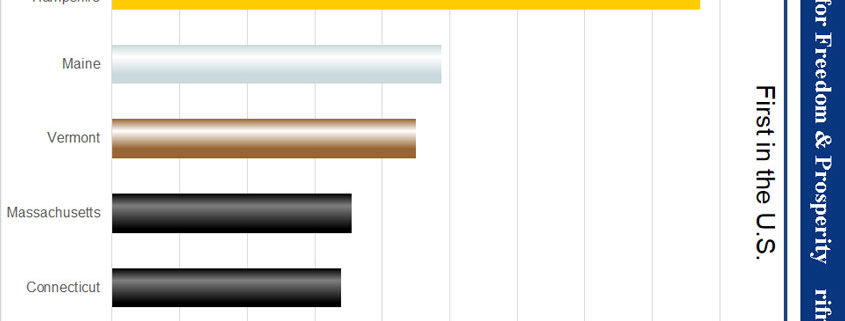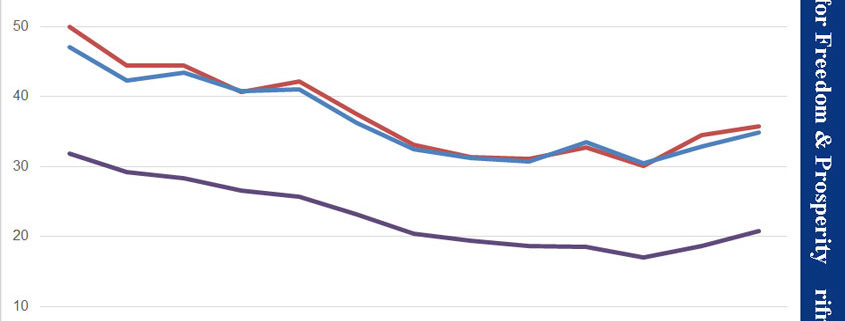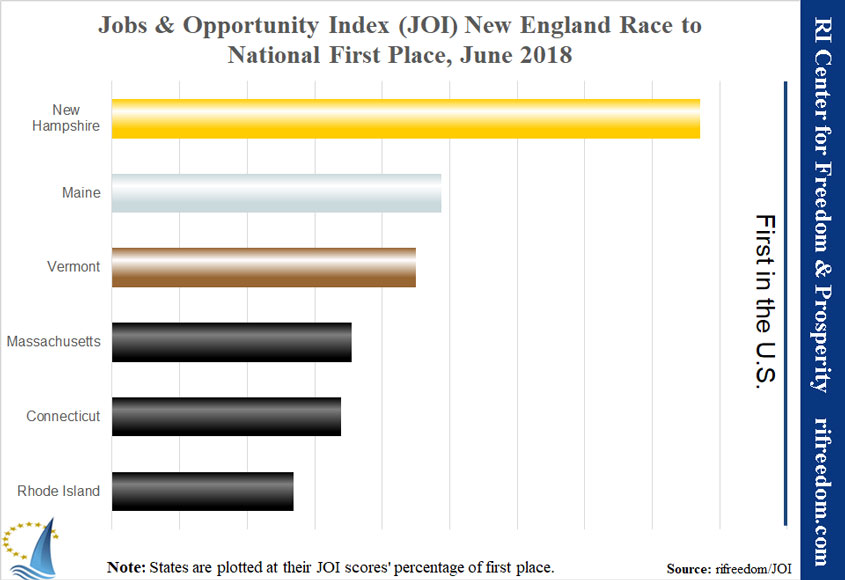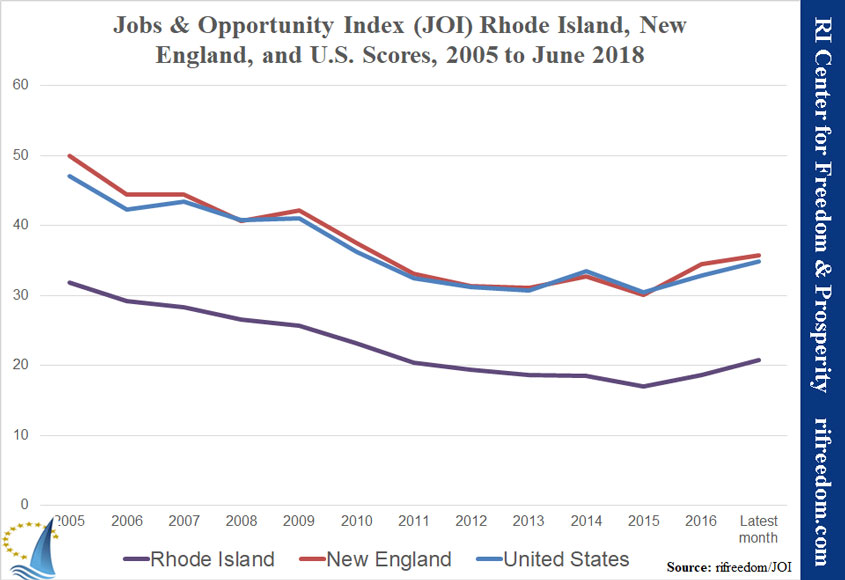Center Challenges Gubernatorial Candidates Following Dynamic 4.1% U.S. GDP Report
Conservative Polices Produce Rapid Economic Growth
Will politicians recognize and learn lessons from federal reforms?
Providence, RI – The until-recently unimaginable 4+% growth in national GDP report today should provide a beacon and a wake-up call to voters and to all candidates for office this fall, according to the Rhode Island Center for Freedom & Prosperity.
“For eight years, progressive-left politicians have told us that the ‘new normal’ for economic growth would be limited to the 2% range,” said Mike Stenhouse, the Center’s CEO. “And for years, our Center and other free-market advocates argued that major tax and regulatory reductions would reverse this course and lead to rapid economic growth; meaning more money and prosperity for families. After today’s 4.1% GDP growth report, there can no longer be any doubt that we were right.”
The Center has repeatedly challenged state lawmakers to #WalkAway from the leftist polices that have kept our Ocean State in the bottom-six on many broad national indexes, including the CNBC business climate, the Family Prosperity Index, and the Jobs & Opportunity Index.
Over the past 18 months, the optimism and growth resulting from the implementation of pro-business and conservative policies at the federal level stand in stark contrast to the stagnation we experienced from liberal and progressive policies: Unemployment rates among virtually all demographic groups are at or near all time lows; personal incomes are rising; and manufacturing jobs that the the left told us were extinct are roaring back by the hundreds of thousands.
We can amplify these results in Rhode Island if we adopt similar polices. However, the Center is concerned that no gubernatorial candidate is providing the bold vision and leadership to achieve this goal. Instead, some candidates offer timid prescriptions, while others seek to take our state backward with failed progressive-socialist schemes.
The Center also challenges voters to demand that candidates clearly articulate their core philosophies: “Are they in favor of rowing our state’s boat with the successful national tide … or against it? Are they for more freedom & unbounded opportunity for prosperity … or are they for more government-control and limited expectations,” suggested Stenhouse.




 Despite an improvement in rank on the Freedom Index, Rhode Island’s JOI number lost ground against the U.S. average and is even farther behind the average for New England.
Despite an improvement in rank on the Freedom Index, Rhode Island’s JOI number lost ground against the U.S. average and is even farther behind the average for New England.


